JNAMS:美科学家发现每天两次豆浆缓解潮热
2012-04-16 徐江 生命时报
长期以来,有关“大豆是否能缓解更年期症状”这一问题,一直争议不断。据英国《每日邮报》最新报道,北美更年期协会期刊《更年期》The Journal of The North American Menopause Society刊登美国一项迄今为止最大规模的综合研究发现,每天喝两次豆浆可使潮热频率和严重程度降低26%。 美国特拉华大学研究小组对19项早期有关大豆蛋白与更年期症状关联研究进行了梳理分析
长期以来,有关“大豆是否能缓解更年期症状”这一问题,一直争议不断。据英国《每日邮报》最新报道,北美更年期协会期刊《更年期》The Journal of The North American Menopause Society刊登美国一项迄今为止最大规模的综合研究发现,每天喝两次豆浆可使潮热频率和严重程度降低26%。
美国特拉华大学研究小组对19项早期有关大豆蛋白与更年期症状关联研究进行了梳理分析,研究涉及1200多名女性参试者。结果发现,与每天摄入安慰剂相比,每天至少摄入54毫克大豆异黄酮,坚持6周至1年,可使潮热病情降低26%。研究发现,与喝豆浆时间更短的参试妇女相比,喝豆浆的时间至少12周的妇女罹患潮热的危险降低3倍。
梅尔比教授表示,吃大豆制品或服用大豆提取物,都能对女性产生影响。通过对日本妇女的观察发现,终生吃大豆的日本妇女更少发生潮热。即使是年过50且从来不爱吃大豆的妇女,现在吃大豆仍不算太晚,对防止更年期潮热还有一定帮助。(生物谷Bioon.com)

doi:10.1097/gme.0b013e3182410159
PMC:
PMID:
Extracted or synthesized soybean isoflavones reduce menopausal hot flash frequency and severity: systematic review and meta-analysis of randomized controlled trials
Taku, Kyoko PhD, MD; Melby, Melissa K. PhD; Kronenberg, Fredi PhD; Kurzer, Mindy S. PhD; Messina, Mark PhD
Objective: This analysis was conducted to determine the efficacy of extracted or synthesized soybean isoflavones in the alleviation of hot flashes in perimenopausal and postmenopausal women. Methods: PubMed and The Cochrane Controlled Clinical Trials Register Database were searched for relevant articles reporting double-blinded randomized controlled trials through December 14, 2010. References within identified articles, as well as peer-reviewed articles that had come to the attention of the authors through other means, were also examined for suitability. This systematic review and meta-analysis, which evaluated the effects of isoflavones on the frequency, severity, or composite score (frequency x severity) of hot flashes compared with placebo was conducted according to Cochrane Handbook guidelines. Results: From 277 potentially relevant publications, 19 trials (reported in 20 articles) were included in the systematic review (13 included hot flash frequency; 10, severity; and 3, composite scores), and 17 trials were selected for meta-analyses to clarify the effect of soybean isoflavones on hot flash frequency (13 trials) and severity (9 trials). Meta-analysis revealed that ingestion of soy isoflavones (median, 54 mg; aglycone equivalents) for 6 weeks to 12 months significantly reduced the frequency (combined fixed-effect and random effects model) of hot flashes by 20.6% (95% CI, -28.38 to -12.86; P < 0.00001) compared with placebo (heterogeneity P = 0.0003, I2 = 67%; random effects model). Meta-analysis also revealed that isoflavones significantly reduced hot flash severity by 26.2% (95% CI: -42.23 to -10.15, P = 0.001) compared with placebo (heterogeneity, P < 0.00001, I2 = 86%; random effects model). Isoflavone supplements providing more than 18.8 mg of genistein (the median for all studies) were more than twice as potent at reducing hot flash frequency than lower genistein supplements. Conclusions: Soy isoflavone supplements, derived by extraction or chemical synthesis, are significantly more effective than placebo in reducing the frequency and severity of hot flashes. Additional studies are needed to further address the complex array of factors that may affect efficacy, such as dose, isoflavone form, baseline hot flash frequency, and treatment duration.
本网站所有内容来源注明为“梅斯医学”或“MedSci原创”的文字、图片和音视频资料,版权均属于梅斯医学所有。非经授权,任何媒体、网站或个人不得转载,授权转载时须注明来源为“梅斯医学”。其它来源的文章系转载文章,或“梅斯号”自媒体发布的文章,仅系出于传递更多信息之目的,本站仅负责审核内容合规,其内容不代表本站立场,本站不负责内容的准确性和版权。如果存在侵权、或不希望被转载的媒体或个人可与我们联系,我们将立即进行删除处理。
在此留言
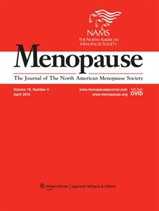



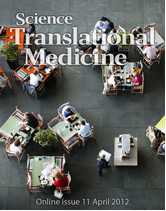
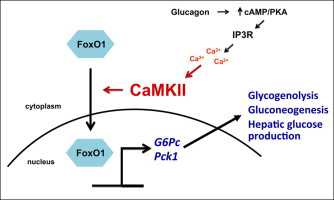

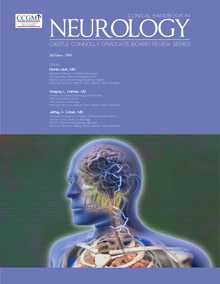
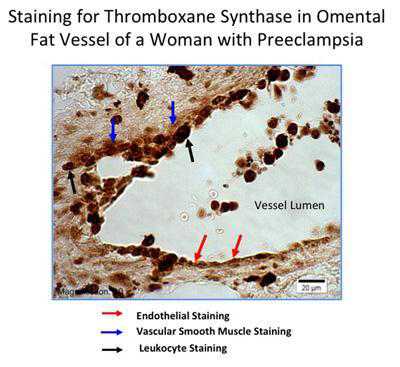
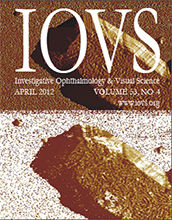




#科学家发现#
37
#潮热#
43
#豆浆#
50
#豆浆#
51